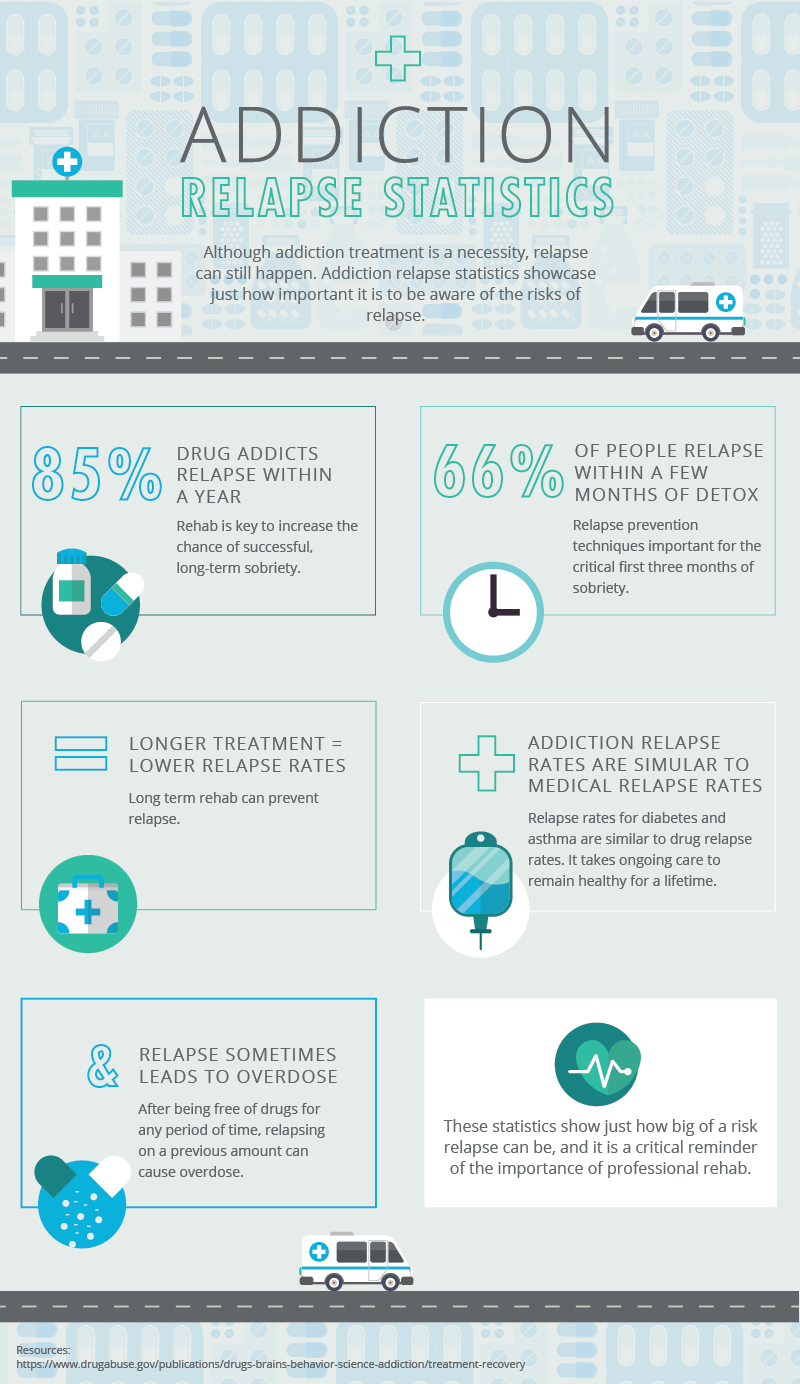Dealing With Triggers And Desires Message Drug Rehabilitation
Dealing With Triggers And Desires Message Drug Rehabilitation
Blog Article
WhiteSands Alcohol & Drug Rehab -Bojesen Eaton
You've completed Drug rehabilitation and taken a substantial action in the direction of a much healthier way of life. Now, dealing with triggers and cravings post-rehab can be a tough trip. How do you browse with these minutes without endangering your progress? Understanding the methods to cope with triggers and yearnings is important in preserving your soberness. Allow's check out efficient means to handle these difficulties and secure your newfound commitment to living a drug-free life.
Recognizing Triggers and Desires
To effectively manage your triggers and desires, start by acknowledging the circumstances or feelings that bring about your wish to make use of. Take a moment to review what situations or sensations motivate your food cravings. Is it anxiety, monotony, social circumstances, or specific areas? By identifying these triggers, you can much better prepare yourself to manage them.
Triggers can be both internal, such as negative feelings or physical pain, and external, like being around people that utilize compounds or seeing a specific location.
White Sands drug rehab facilities near me Florida on patterns in your cravings-- are they more regular at particular times of the day or in reaction to certain events?
Building Healthy And Balanced Coping Approaches
Recognizing your triggers and desires is the very first step in the direction of building healthy coping approaches to handle them successfully. When you know what scenarios, emotions, or people activate your food cravings, you can start developing a plan to address them.
One effective technique is to change adverse behaviors with positive ones. As an example, if anxiety triggers cravings, practicing relaxation techniques such as deep breathing or reflection can aid. Engaging in exercises such as exercise or choosing a walk can also be a great means to deal with cravings.
One more crucial element of structure healthy coping techniques is to create a supportive environment. Border yourself with individuals who understand your journey and can give support and liability. It is essential to establish boundaries with people who may not sustain your recuperation.
Furthermore, developing a routine that includes healthy and balanced habits like normal workout, appropriate nourishment, and sufficient sleep can help you remain on track and decrease the likelihood of experiencing triggers and food cravings.
Seeking Support and Liability
Creating a network of supportive people who can provide support and hold you accountable is vital in taking care of triggers and yearnings successfully. Seek out good friends, member of the family, or a support system that comprehend your trip and can supply advice when you encounter difficult scenarios.
Having a person to speak to throughout moments of lure can make a significant difference in staying on track with your healing. Liability partners can help you remain concentrated on your goals and remind you of the reasons why you picked to look for aid to begin with.
They can additionally help in creating a structured strategy to manage triggers and food cravings, such as developing alternative tasks or dealing systems to replace the urge to make use of medications. Regular check-ins with your support system can give peace of mind and motivation, helping you feel less separated in your recuperation journey.
Final thought
Remember, recognizing and managing triggers and food cravings after Drug rehabilitation is a key component of keeping soberness.
By determining your triggers, building healthy coping methods, and seeking assistance from loved ones or support groups, you can browse with tough minutes and remain focused on your sobriety objectives.
Keep in mind, you aren't alone in this journey, and with the right devices and support, you can get over lures and live a satisfying, drug-free life.
Keep solid and maintain progressing.
